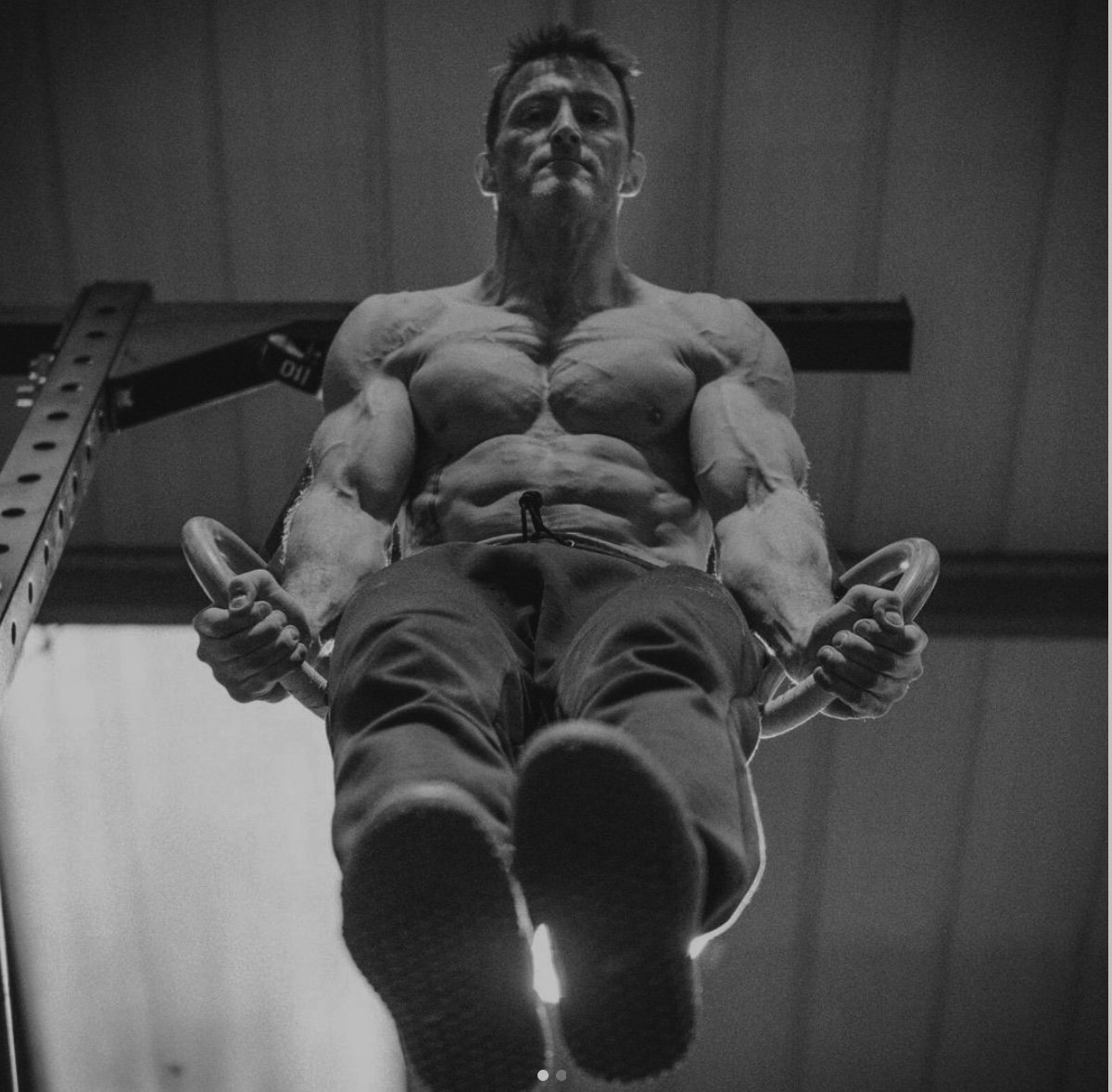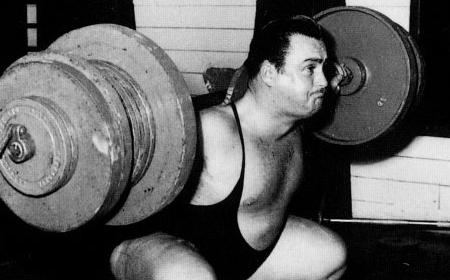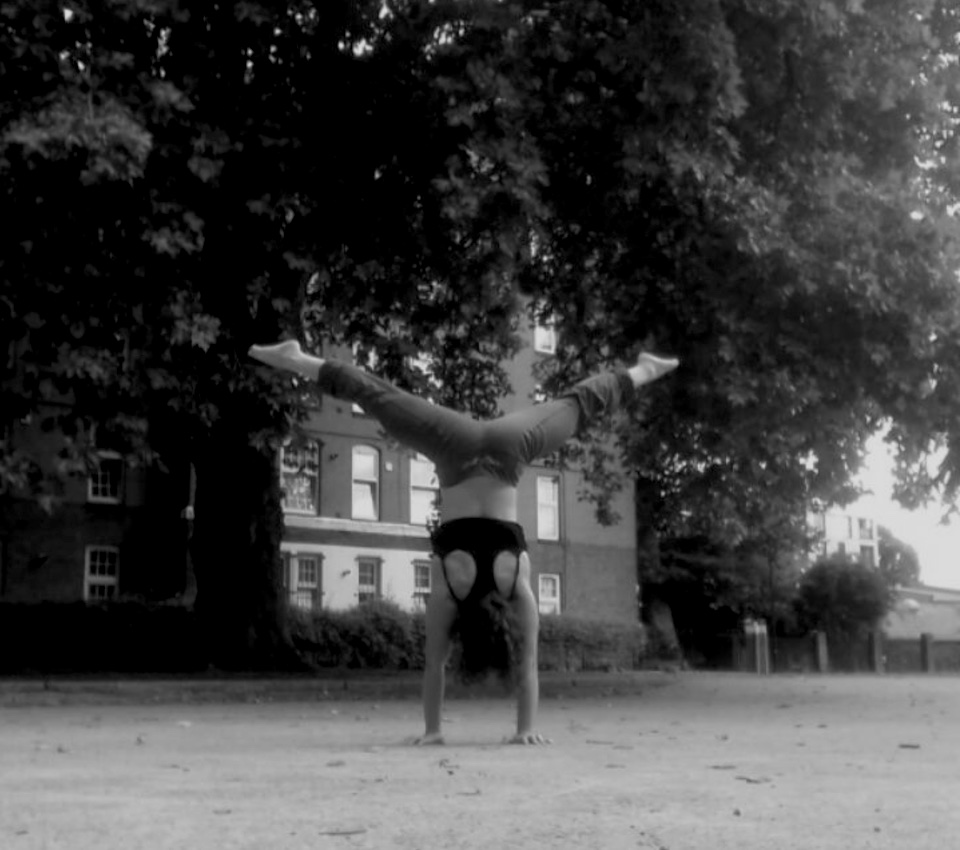
Bodyweight Training: Upper body Injuries - PART 3
In this post, we are going to talk more about the value of using external loads to improve bodyweight training and cover some of the red flags we should be watching out for to prevent an injury before it occurs.

Team Sustain - Sport of Fitness: The maximum weights method - Part 2
The Patient Lifter 6 x [2-4] Method - with this training system, we start off with a weight that we can handle comfortably for six sets of just two repetitions. Depending on your neurological efficiency, that will translate into about 80 to 87% of your 1RM. The goal is to increase your strength SLOWLY over time so that you can handle that same wight for six sets of 4 repetitions.
The reason The Patient Lifter's Method works is that the load increases only when the trainee can complete all sets of 4 repetitions with the starting weight of 6 sets of 2 repetitions. The system works using what is called the law of repeated efforts because the nervous system is forced to accept the loads as being normal.

Bodyweight Training: Upper body Injuries - PART 2
In our last post (PART 1), we started to talk about the increased chance of upper body injury from bodyweight training. The structure of the upper body joints are not the same as our lower body joints, and the total volume and intensity of training need to be closely monitored and gradually increased to prevent overuse injuries.
This week we are going to talk more about the importance of shoulder building and maintaining shoulder and wrist mobility, as well as the importance of practising skills and drills to improve technique.

Bodyweight Training: Upper body Injuries - PART 1
Due to the typical demands of bodyweight training, there are certain muscular and joints that are very prone to become overworked, stiff, and injured. If these areas continue to be overworked and not tended to, it can negatively impact a athletes performance and even lead to permeant injury. It's not uncommon for upper body injuries to be caused by overuse, the joints take on more than they can handle, they don’t get the chance to fully recover, and then slowly starts to break down over time. Overuse injuries tend to lead to extended periods of time away from training or even surgery.

On Fear -an introduction to handbalancing
Do you remember when you were always upside-down as a child? Do you remember the endless afternoons practicing handstands, cartwheels, aerials and back flips? Do you remember what it was like being fearless?
If you do, good for you, your childhood was probably healthier, more adventurous and more fun than mine. Hold onto that memory, it will come in handy.

How Long Should You Stick To A Programme?
It’s easy for us to focus our attention on the “work” in the workout - the vein pumping effort, the sweat-drenched final reps, and the PAINZ of making GAINZ. We’ve all seen the marketing tactics and fitness gimmicks showing us how to get “shredded” or “6-pack abs” in some absurd time frame. The before and after pictures may be convincing, but often these images are fabricated and fake. These “fitness programmes” are scams that abuse the general public’s ignorance on the subject of health and fitness, despite countless studies that have proven that fitness isn’t an “overnight” sensation.

Team Steam - Sport of Fitness: The maximum weights method - Part 1
The Advanced 5x5 Method: This is one of the more classic and most effective methods of strength and muscle development. It was popularised in the 50s and 60s by British bodybuilder Reg Park. Park won the Mr Britan in 1949. In the 70s the Advanced 5x5 Method was heavily promoted by former elite weightlifter and strength coach Bill Starr in the book Strongest Shall Survive. Here is an example of how your workouts should go.

TSTM Sport of Fintess: Olympic and Modified Hepburn Block
Testing week is coming to an end, and we should all now have some solid numbers to work from. Our next block, starting 16th September 2017, is going to be heavy, with the aim of making you all as "strong as fuck.” Yes, that is a real measurement. We will also start to focus a lot more attention towards the Clean and Jerk, and the Snatch over the next 12 weeks.

On training frequency
Many of the people who come to me for a consultation or physical assessment lament being stuck in a plateau in their training. They use the the gerund "plateauing" as an action, when it is in reality a lack of action: it's going nowhere.
There are usually three causes to the lack of progress: a monotonous or unsuitable programme, undertraining and overtraining. Our role as coaches is not only to ensure programmes change often enough to continually generate adaptation, but especially to understand the individual we're coaching and manipulate frequency of training to obtain optimal results.

Handstand Accumulation: Be Smart, Be Patient
Do you want to be good at handstand? Let me give you some basic advice, learning to handstand should not start with handstands! Far too often we see “newbies” trying to kick-up to handstand with little or no awareness of alignment or how to control a handstand. It’s often these people who also start to comment on how painful their wrists are when training handstands. Hopefully, this article will offer some useful advice on where to start your handstand training and how to prepare your wrists and shoulders for handstand training. This post will focus more on the control of handstand and building strength, endurance and mobility in the wrists and shoulders. Handstands also require an understanding of body alignment, but that for another post.
